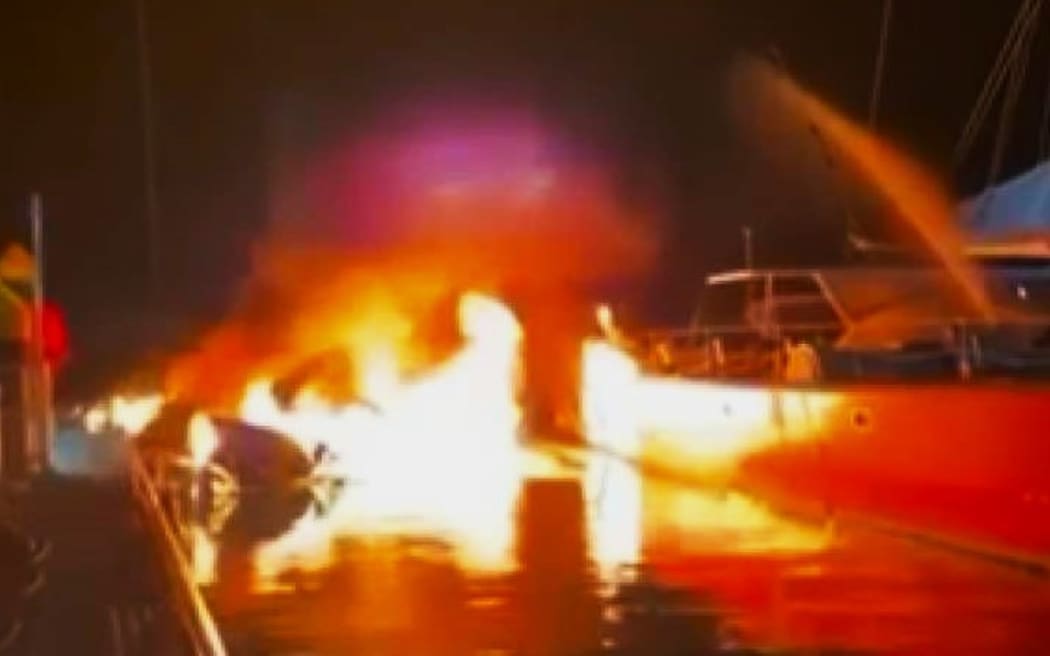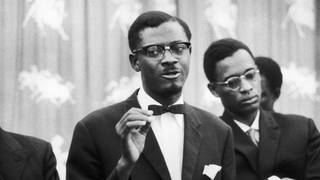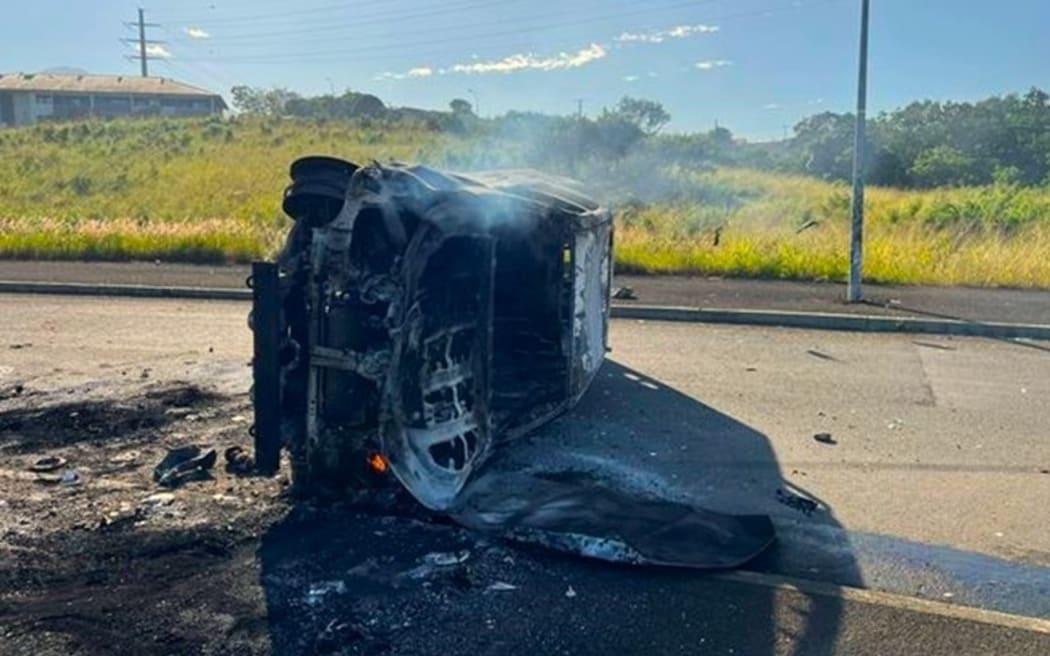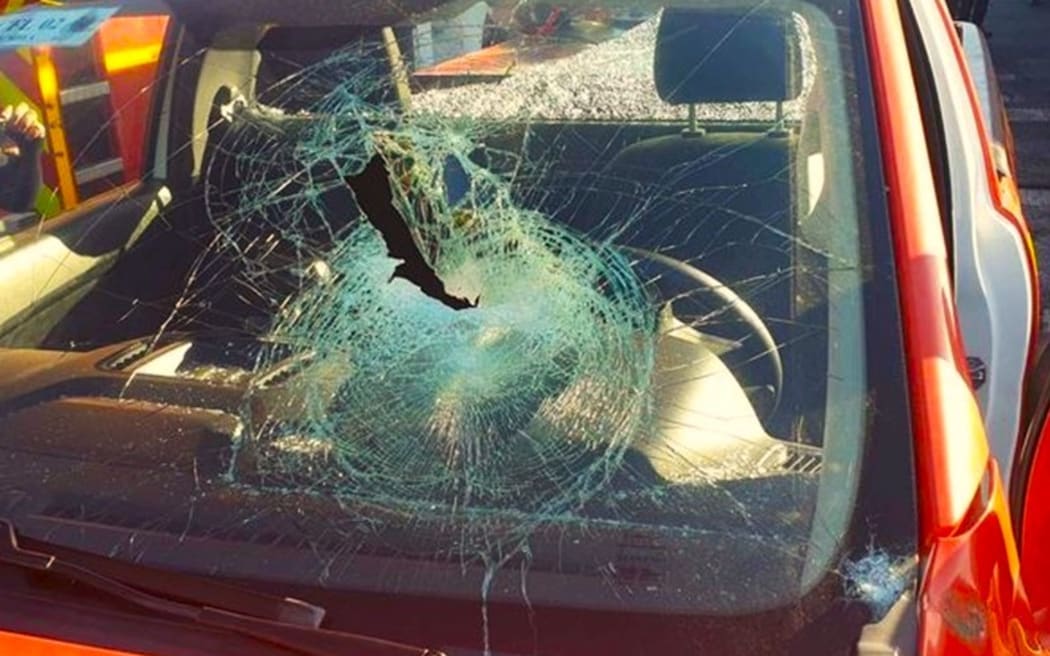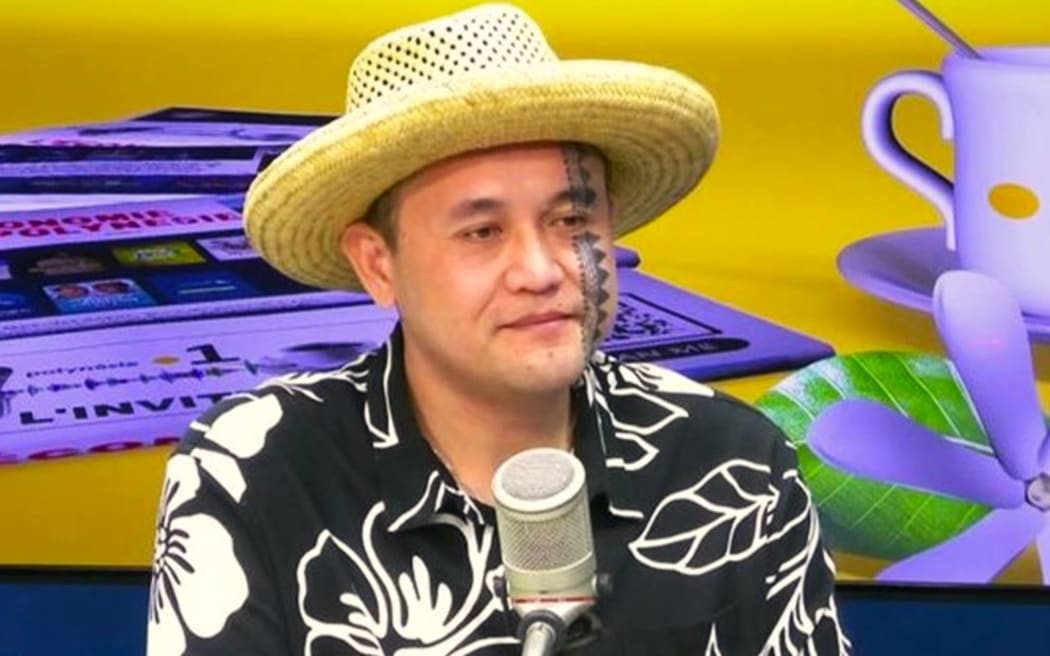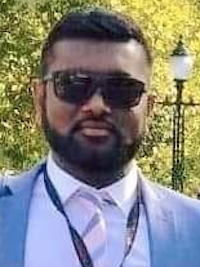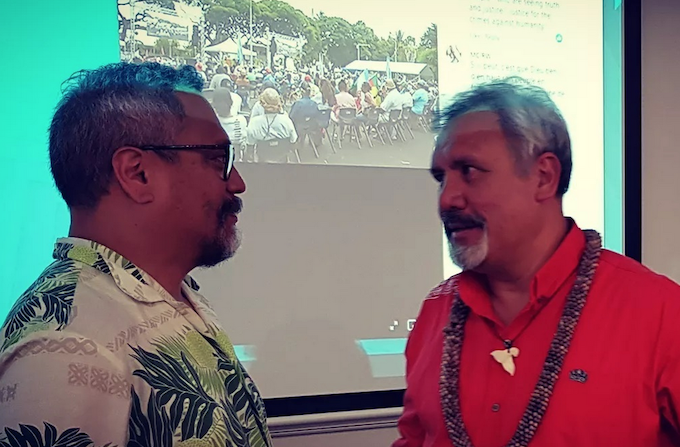COMMENTARY: By Laurens Ikinia in Jakarta
The Land of Papua is widely known as a land full of milk and honey. It is a name widely known in Indonesia that refers to the western half of the island of New Guinea.
Its natural wealth and beauty are special treasures entrusted by the Creator to the Papuan people who are of Melanesian ethnicity.
The beauty of the land inhabited by the blackish and brownish-skinned people is often sung about by Papuans in “Tanah Papua”, a song created by the late Yance Rumbino. The lyrics, besides being musical art, also contain expressions of gratitude and prayer for the masterpiece of the Creator.
For Papuans, “Tanah Papua” — composed by a former teacher in the central highlands of Papua — is always sung at various important events with a Papuan nuance, both in the Land of Papua and other parts of the world in Papuan gatherings.
The rich, beautiful and mysterious Land of Papua as expressed in the lyrics of the song has not been placed in the right position by the hands of those in power.
So for Papuans, when singing “Tanah Papua”, on one hand they admire and are grateful for all of God’s works in their ancestral land. On the other hand, by singing that song, they remind themselves to stay strong in facing daily challenges.
The characteristics of the Land of Papua geographically and ethnographically are the same as the eastern part of the island of New Guinea, now the independent state of Papua New Guinea.
Attractive to Europe
The beauty and wealth of natural resources and the richness of cultural heritage initially become attractions to European nations.
Therefore, the richness attracted the Europeans who later became the colonisers and invaders of the island.
The Dutch invaded the western part of the island and the British Empire and Germany the eastern part of the island.
The Europeans were present on the island of New Guinea with a “3Gs mission” (gospel, gold, glory). The gospel mission is related to the spread of Christianity. The gold mission is related to power over natural resource wealth. The glory mission is related to reigning over politics and territory on indigenous land outside of Europe.
The western part of the island, during the Dutch administration, was known as Dutch New Guinea or Netherlands New Guinea. Later when Indonesia took over the territory, was then named West Irian, and now it is called Papua or internationally known as West Papua.
The Land of Papua is divided into six provinces and it is home to 250 indigenous Melanesian tribes.
Meanwhile, the eastern part of the island which currently stands on its independent state New Guinea is home to more than 800 indigenous Melanesian tribes. Given the anthropological and ethnographic facts, the Land of Papua and PNG collectively are the most diverse and richest island in the world.
Vital role of language
In the process of forming an embryo and giving birth to a new nation and country, language plays an important role in uniting the various existing indigenous tribes and languages.
In Papua, after the Dutch left its territory and Indonesia took over control over the island, Bahasa Indonesia — modified Malay — was introduced. As a result, Indonesian became the unifying language for all Papuans, all the way from the Sorong to the Merauke region.
Besides Bahasa Indonesia, Papuans are still using their ancestral languages.
Meanwhile, in PNG, Tok Pisin, English and Hiri Motu are three widely spoken languages besides indigenous Melanesian languages. After the British Empire and Germany left the eastern New Guinea territory,
PNG, then an Australian administered former British protectorate and League of Nations mandate, gained its independence in 1975 — yesterday was celebrated as its 49th anniversary.
The relationship between the Land of Papua and its Melanesian sibling PNG is going well.
However, the governments of Indonesia and Papua New Guinea with the spirit of sharing the same land and ocean, culture and values, and the same blood and ancestors, should take tangible steps.
Melanesian policies
As an example, the foreign policy of each country needs to be translated into deep-rooted policies and regulations that fulfill the inner desire of the Melanesian people from both sides of the divide.
And then it needs to be extended to other Melanesian countries in the spirit of “we all are wantok” (one speak). The Melanesian countries and territories include the Fiji, Papua New Guinea, Solomon Islands, Vanuatu and Kanak and Socialist National Liberation Front (FLNKS).
Together, they are members of the sub-regional Oceania political organisation Melanesian Spearhead Group (MSG).
In that forum, Indonesia is an associate member, while the United Liberation Movement for West Papua (ULMWP) and Timor-Leste are observers. The ULMWP is the umbrella organisation for the Papuans who are dissatisfied with at least four root causes as concluded by Papua Road Map (2010), the distortion of the historical facts, racial injustice and discrimination, human rights violations, and marginalisation that Papuans have been experiencing for years.
Fiji:
Here is a brief overview of the diplomatic relationship between the Indonesian government and Melanesian countries. First, Indonesia-Fiji bilateral affairs. The two countries cooperate in several areas including defence, police, development, trade, tourism sector, and social issues including education, broadcasting and people-to-people to contact.
PNG:
Second, Indonesia-PNG bilateral affairs. The two countries cooperate in several areas including trade cooperation, investment, tourism, people-to-people contact and connectivity, energy and minerals, plantations and fisheries.
Quite surprisingly there is no cooperation agreement covering the police and defence sectors.
Solomon Islands:
Third, Indonesia-Solomon Islands diplomacy. The two countries cooperate in several areas including trade, investment, telecommunications, mining and tourism.
Interestingly, the country that is widely known in the Pacific as a producer of “Pacific Beat” musicians receives a significant amount of assistance from the Indonesian government.
Indonesia and the Solomon Islands do not have security and defence cooperation.
Vanuatu:
Fourth, Indonesia-Vanuatu cooperation. Although Vanuatu is known as a country that is consistent and steadfast in supporting “Free Papua”, it turns out that the two countries have had diplomatic relations since 1995.
They have cooperation in three sectors: trade, investment and tourism. Additionally, the MSG is based in Port Vila, the Vanuatu capital.
FLNKS — New Caledonia:
Meanwhile, New Caledonia, the territory that is vulnerable to political turmoil in seeking independence from France, is still a French overseas territory in the Pacific. Cooperation between the Indonesian and New Caledonia governments covers the same sectors as other MSG members.
However, one sector that gives a different aspect to Indonesia-New Caledonia affairs is cooperation in language, society and culture.
Indonesia’s relationship with MSG member countries cannot be limited to political debate or struggle only. Even though Indonesia has not been politically accepted as a full member of the MSG forum, in other forums in the region Indonesia has space to establish bilateral relations with Pacific countries.
For example, in June 2014, then President Susilo Bambang Yudhoyono was invited to be one of the keynote speakers at the Pacific Islands Development Forum (PIDF) summit in Nadi, Fiji.
PIDF is home to 12 member countries (Fiji, Federated States of Micronesia, Kiribati, Nauru, Marshall Islands, Palau, Solomon Islands, Timor-Leste, Tokelau, Tonga, Tuvalu, Vanuatu). Its mission is to implement green economic policies in the Pacific.
Multilateral forums
Indonesia has also joined various multilateral forums with other Pacific countries. The Archipelagic and Island States (AIS) is one example — Pacific states through mutual benefits programs.
During the outgoing President Joko Widodo’s administration, Indonesia initiated several cooperation projects with Pacific states, such as hosting the Pacific Exposition in Auckland, New Zealand, in 2019, and initiating the Indonesia-Pacific Development Forum.
Will Indonesia be granted a full membership status at the MSG? Or will ULMWP be granted an associate or full membership status at the MSG? Only time will reveal.
Both the Indonesian government and the United Liberation Movement for West Papua see a home at the MSG.
As former RNZ Pacific journalist Johnny Blades wrote in 2020, “West Papua is the issue that won’t go away for Melanesia”.
At this stage, the leaders of MSG countries are faced with moral and political dilemmas. The world is watching what next step will be taken by the MSG over the region’s polarising issue.
Laurens Ikinia is a Papuan lecturer and researcher at the Institute of Pacific Studies, Indonesian Christian University, Jakarta, and is a member of the Asia Pacific Media Network (APMN).
This post was originally published on Asia Pacific Report.
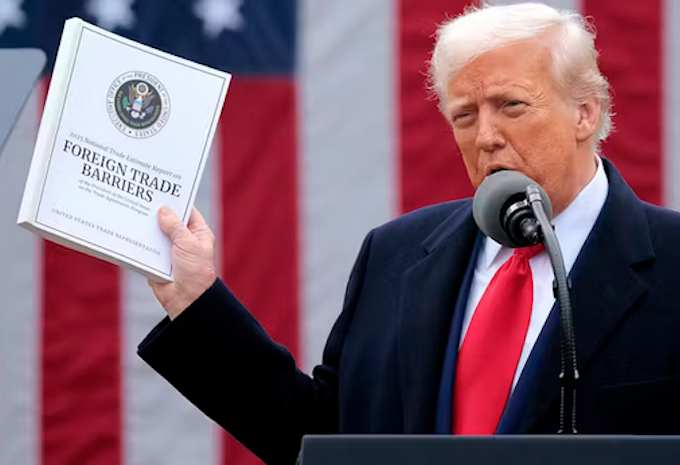
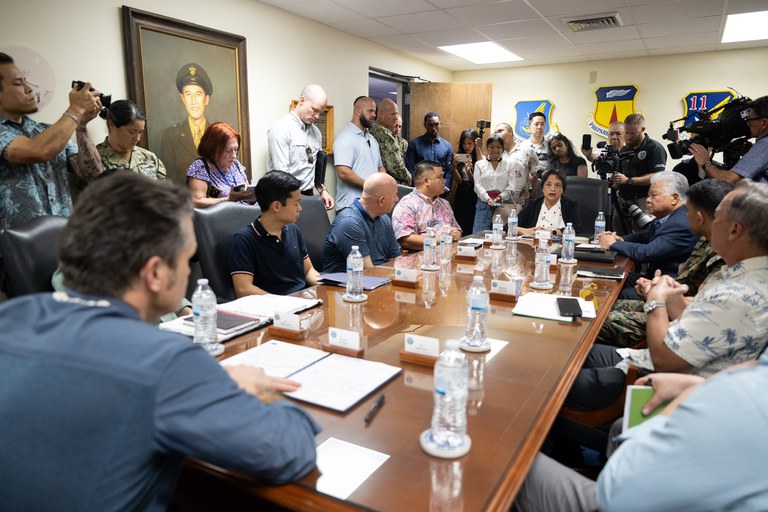
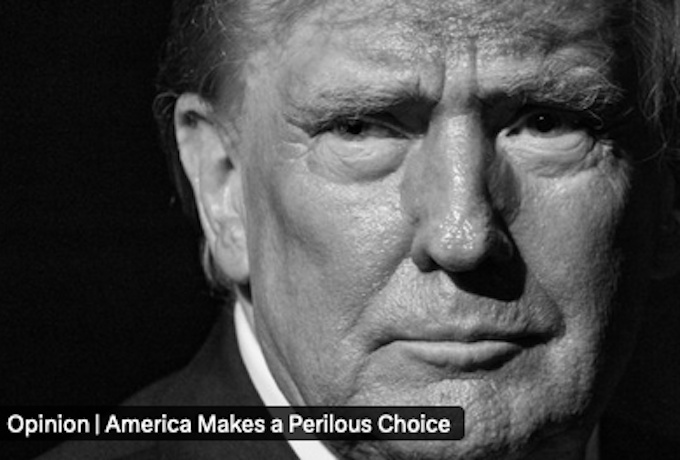

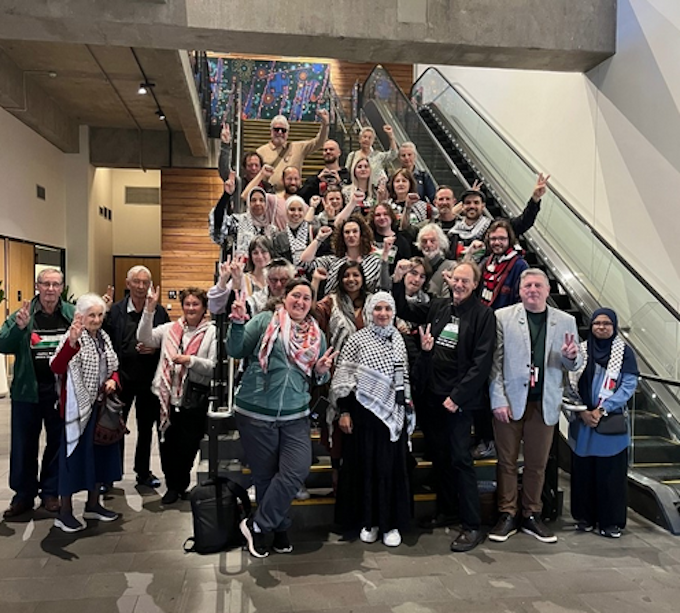



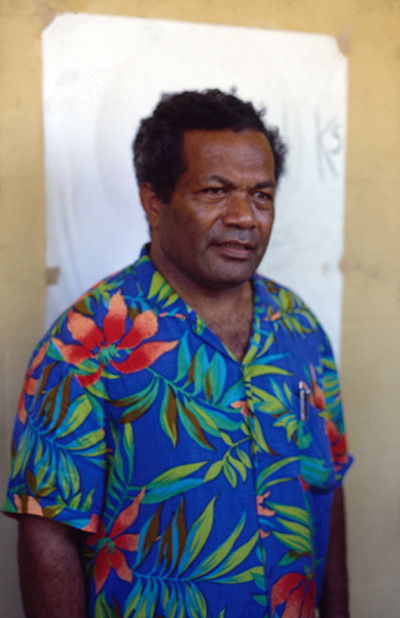


 (@uriohau)
(@uriohau) 